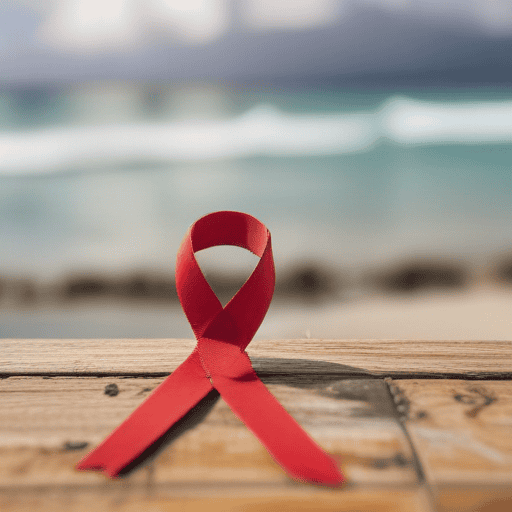Fiji is increasingly grappling with a serious HIV crisis, as highlighted by UNAIDS Asia Pacific and Eastern Europe Central Asia. Recent statistics reveal that among individuals newly diagnosed with HIV who are currently receiving treatment, half contracted the virus through injecting drug use. Disturbingly, more than half of all individuals living with HIV are aware of their status but are not receiving the necessary treatment.
To address these growing concerns, UNAIDS has initiated a targeted 90-day containment plan designed to expedite effective interventions while following the HIV Surge Strategy approved in September 2023, which outlines the response to the HIV epidemic until 2027. Eamonn Murphy, Regional Director of UNAIDS, emphasized the critical need for prioritizing HIV as a public health issue in Fiji, stating that the rising number of new infections places the entire Pacific region at risk.
In a worrying trend, Fiji reported 1,093 new HIV cases from January to September 2024, marking a threefold increase from the previous year. This alarming statistic positions Fiji as the country with the second fastest-growing HIV epidemic in the Asia and Pacific region. Murphy pointed out that the data indicates not only a lack of services but also a pervasive fear among people who know they are HIV-positive, hindering their access to care.
Local health officials, including Dr. Atonio Lalabalavu, have echoed necessity for urgent community engagement to tackle reckless and high-risk behaviors associated with the increasing HIV incidence. The high number of undiagnosed individuals, particularly among youth engaging in behaviors such as intravenous drug use, highlights the need for comprehensive education and support systems.
The rise in HIV cases is further linked to social stigma and legal barriers that prevent marginalized groups from seeking care. Murphy stressed that fostering a supportive environment free from prejudice is vital to ensuring that individuals can obtain the information and services they need.
In summary, while the data surrounding HIV infections in Fiji is concerning, there is hope that through concerted institutional efforts and community engagement, improved health outcomes can be achieved. The call for a strategic response to these challenges reflects a positive shift towards addressing the ongoing crisis, paving the way for enhanced awareness, prevention strategies, and treatment access for affected individuals. Collaboration among health officials, community organizations, and the public could lead to a turnaround in the trajectory of HIV infections in Fiji, ultimately fostering a healthier future for all.

Leave a comment